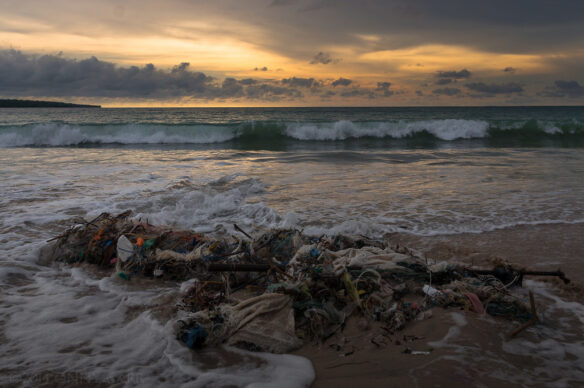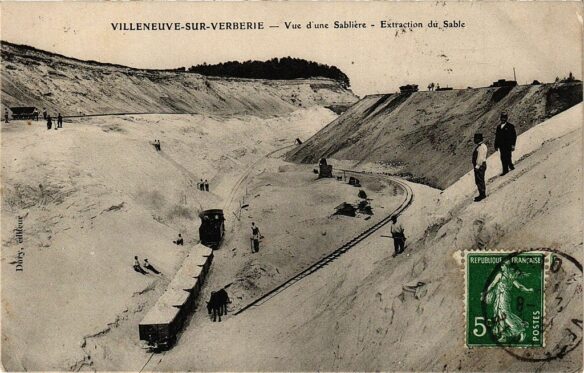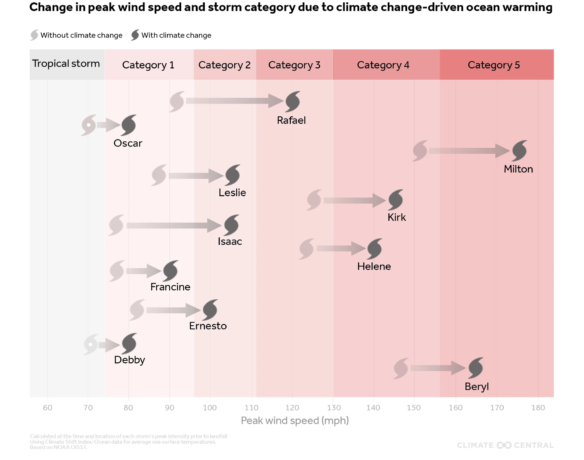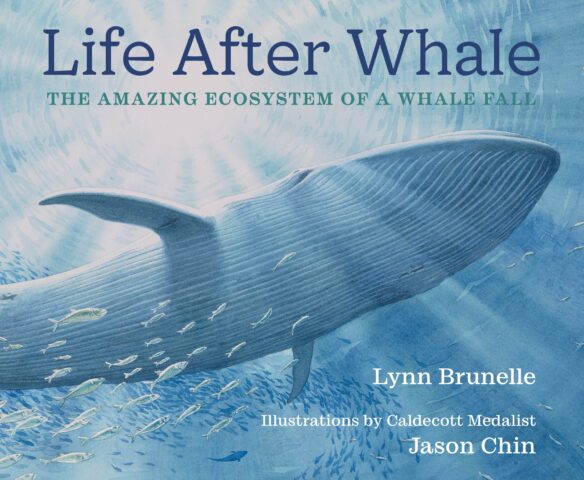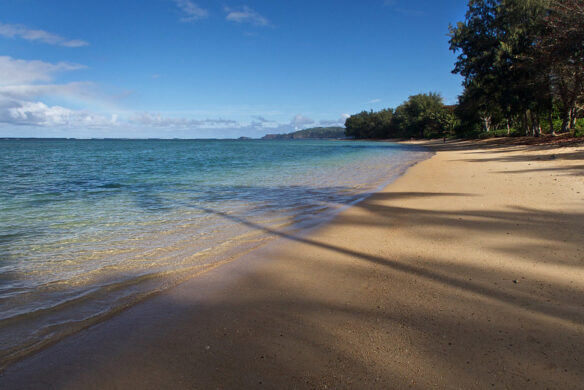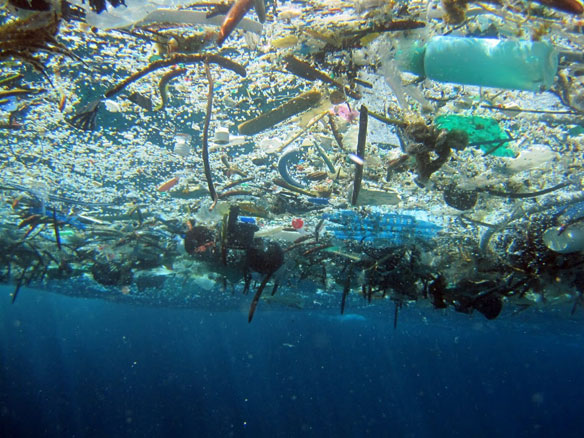
Floating marine debris collection, seen from below. Photo source: NOAA
The North Pacific gyre (a circular ocean current) has given birth to two large masses of ever-accumulating plastic debris, known as the Western and Eastern Pacific Garbage Patches, collectively called the Great Pacific Garbage Patch (GGP). It is a gyre of marine litter in the Central North Pacific Ocean stretching for hundreds of miles across the ocean 1,000 miles from California coast on the East, to Japan and Hawaii on the West.
The Great Pacific Garbage Patch is an area of environmental where the ocean surface is marred by scattered pieces of plastic, which outweigh plankton in that part of the ocean and pose risks to fish, turtles and birds that eat the trash. Scientists believe the garbage patch is but one of at least five, each located in the center of large gyres that suck in and trap floating debris. Captions: Plastic Pollution, Coastal Care
Excerpts;
The vast patch of garbage floating in the Pacific Ocean is far worse than previously thought, with an aerial survey finding a much larger mass of fishing nets, plastic containers and other discarded items than imagined…
Read Full Article, Guardian UK (10-04-2016)
Plastic pollution: When The Mermaids Cry: The Great Plastic Tide, Coastal Care
For more than 50 years, global production and consumption of plastics have continued to rise. An estimated 300 million tons of plastics were produced in 2015, confirming and upward trend over the past years, according to a new report by the World Economics Forum, released at Davos in January 2016.
Plastic is versatile, lightweight, flexible, moisture resistant, strong, and relatively inexpensive. Those are the attractive qualities that lead us, around the world, to such a voracious appetite and over-consumption of plastic goods. However, durable and very slow to degrade, plastic materials that are used in the production of so many products all, ultimately, become waste with staying power. Our tremendous attraction to plastic, coupled with an undeniable behavioral propensity of increasingly over-consuming, discarding, littering and thus polluting, has become a combination of lethal nature…
Here’s How Much Plastic Ends Up In the World’s Oceans,The Time (02-13-2015)
Every year, 8 million metric tons of plastic end up in our oceans, it’s equivalent to five grocery bags filled with plastic for every foot of coastline…
The Ocean Is Contaminated by Trillions More Pieces of Plastic Than Thought, IOP Science (12-08-2015)
This new study suggests there are 15 to 51 trillion micro plastic particles (those less than 200 millimeters in size) in the world’s oceans, weighing between 93 and 236,000 metric tons. This is about seven times more than scientists had previously estimated…
More plastic than fish in the sea by 2050, Guardian UK (01-19-2016)
One refuse truck’s-worth of plastic is dumped into the sea every minute, and the situation is getting worse, according to a new report launched at the World Economic Forum today. New plastics will consume 20% of all oil production within 35 years, up from an estimated 5% today…
Plastic Waste Causes $13 Billion In Annual Damage To Marine Ecosystems, UN (06-2014)
Concern is growing over widespread plastic waste that is threatening marine life – with conservative yearly estimates of $13 billion in financial damage to marine ecosystems, according to two reports issued at the inaugural meeting of the United Nations Environment Assembly.
Biodegradable Plastics Are Not the Answer to Reducing Marine Litter, Says UN; UN News Center (11-23-2015)
Widespread adoption of products labelled ‘biodegradable’ will not significantly decrease the volume of plastic entering the ocean or the physical and chemical risks that plastics pose to marine environment, concluded a UN report…
Collecting plastic waste near coasts ‘is most effective clean-up method’, Guardian UK (01-19-2016)
Loving the Ocean Starts at Home, National Geographic (09-08-2016)

